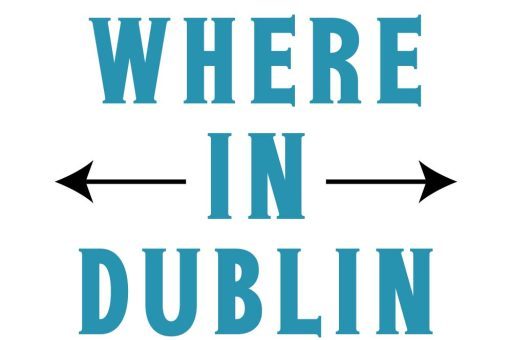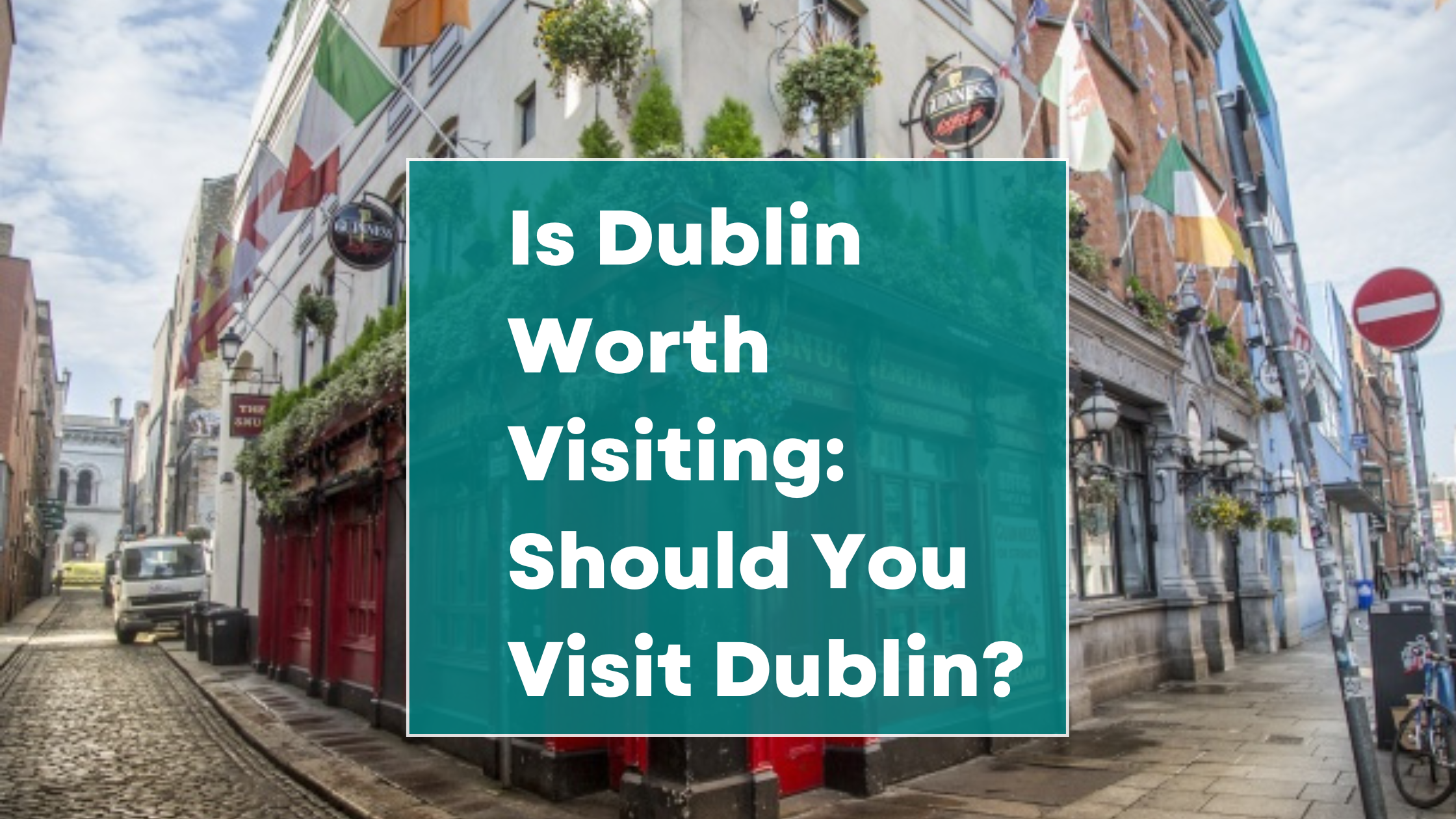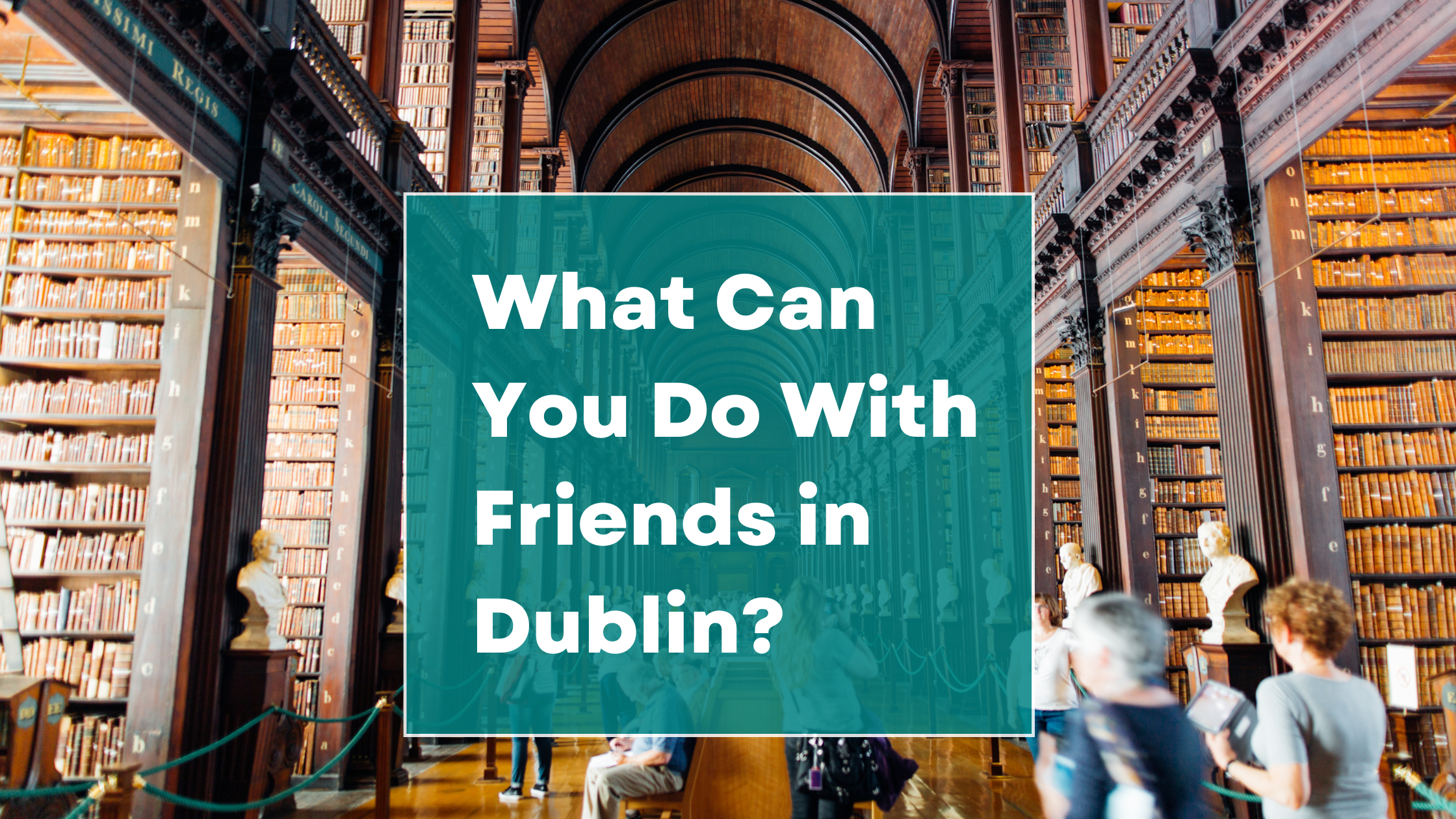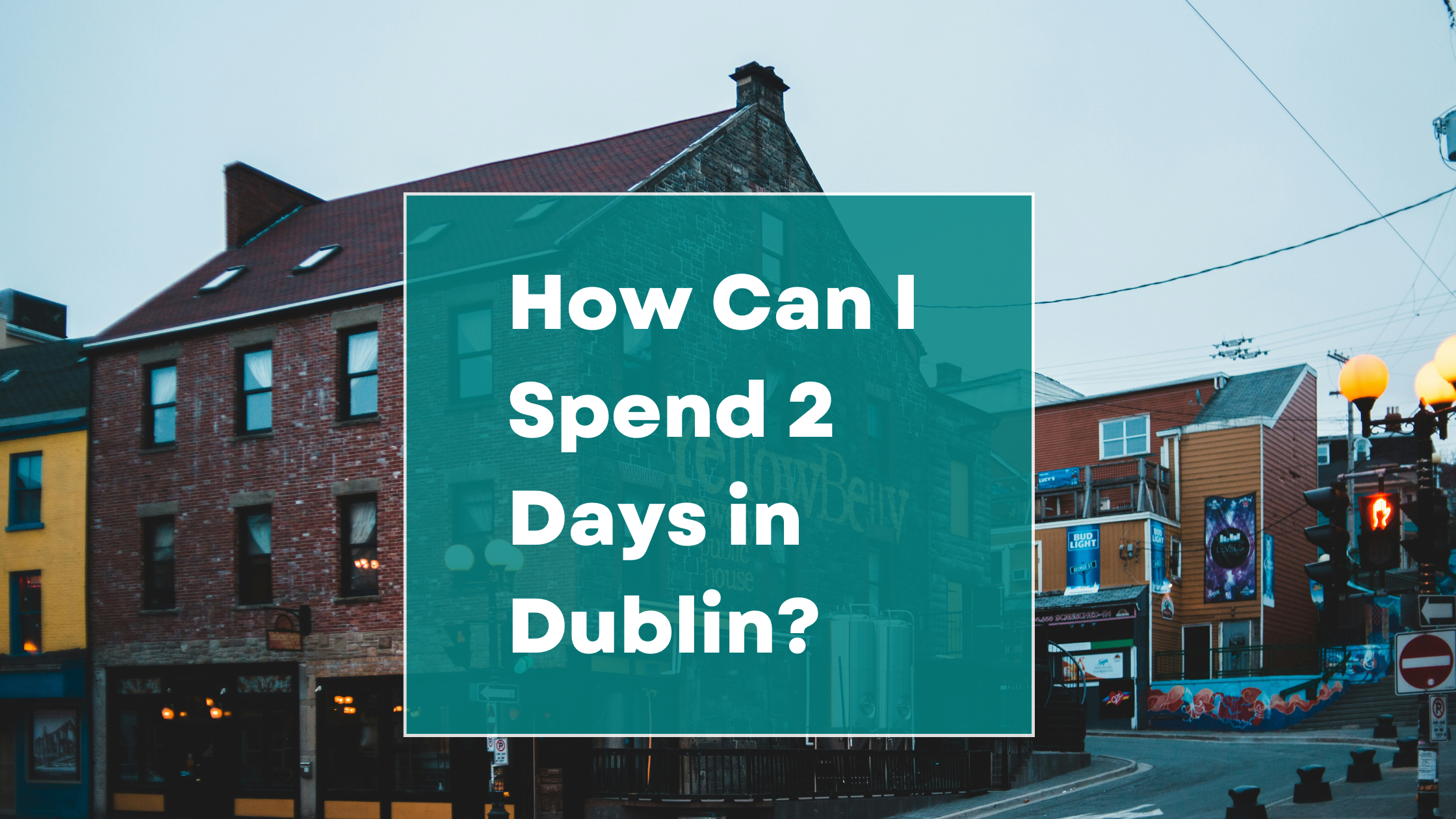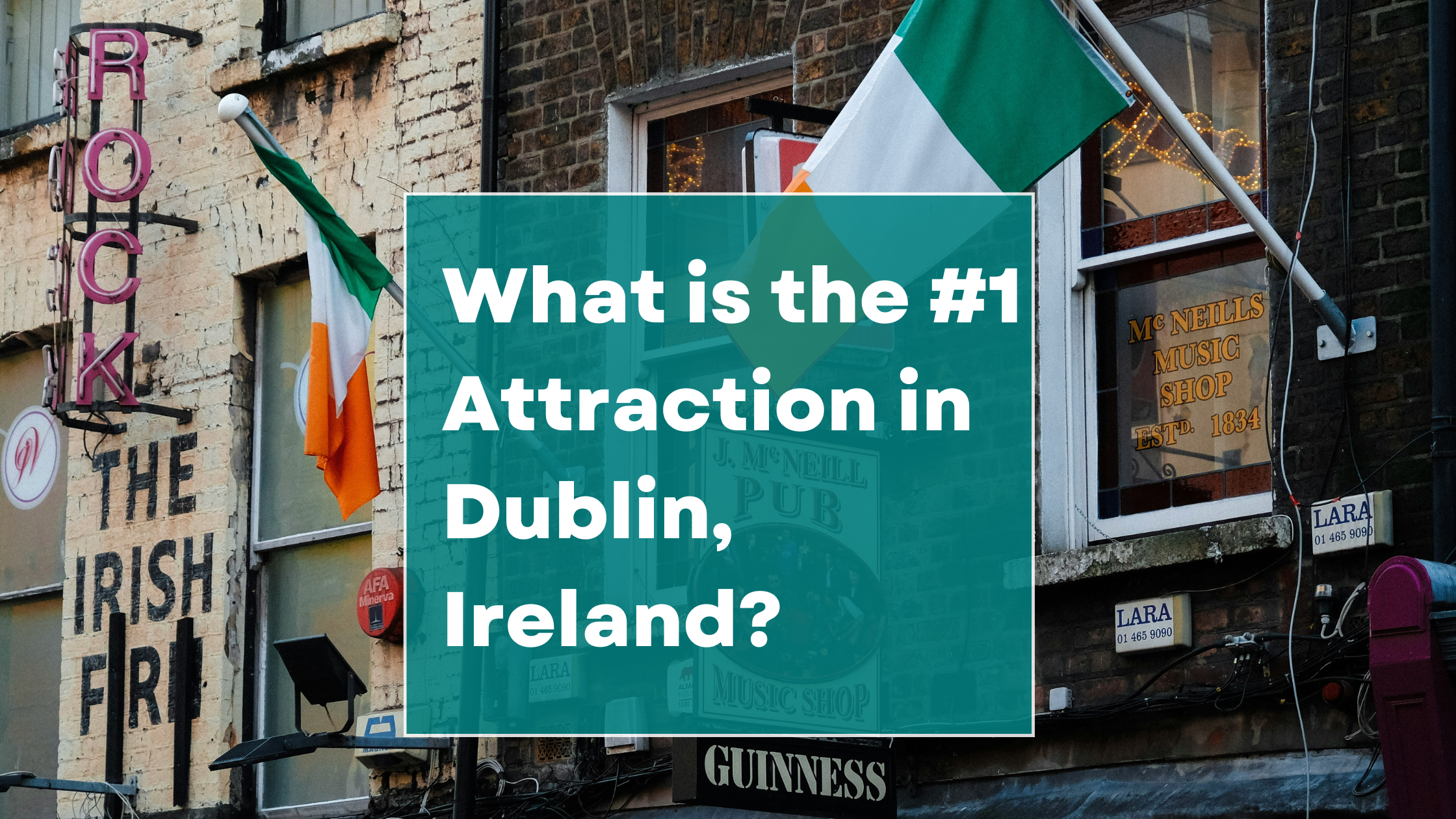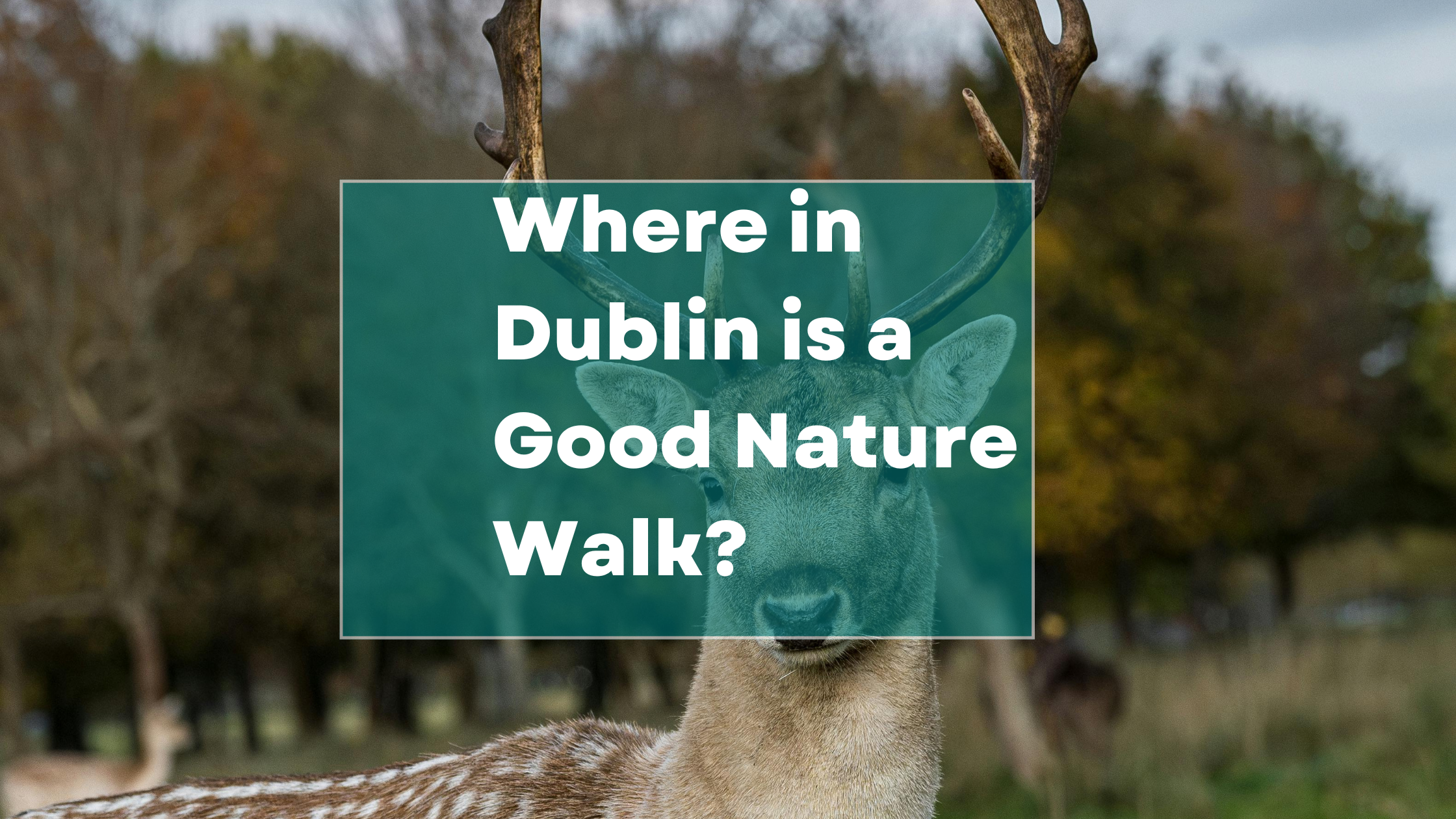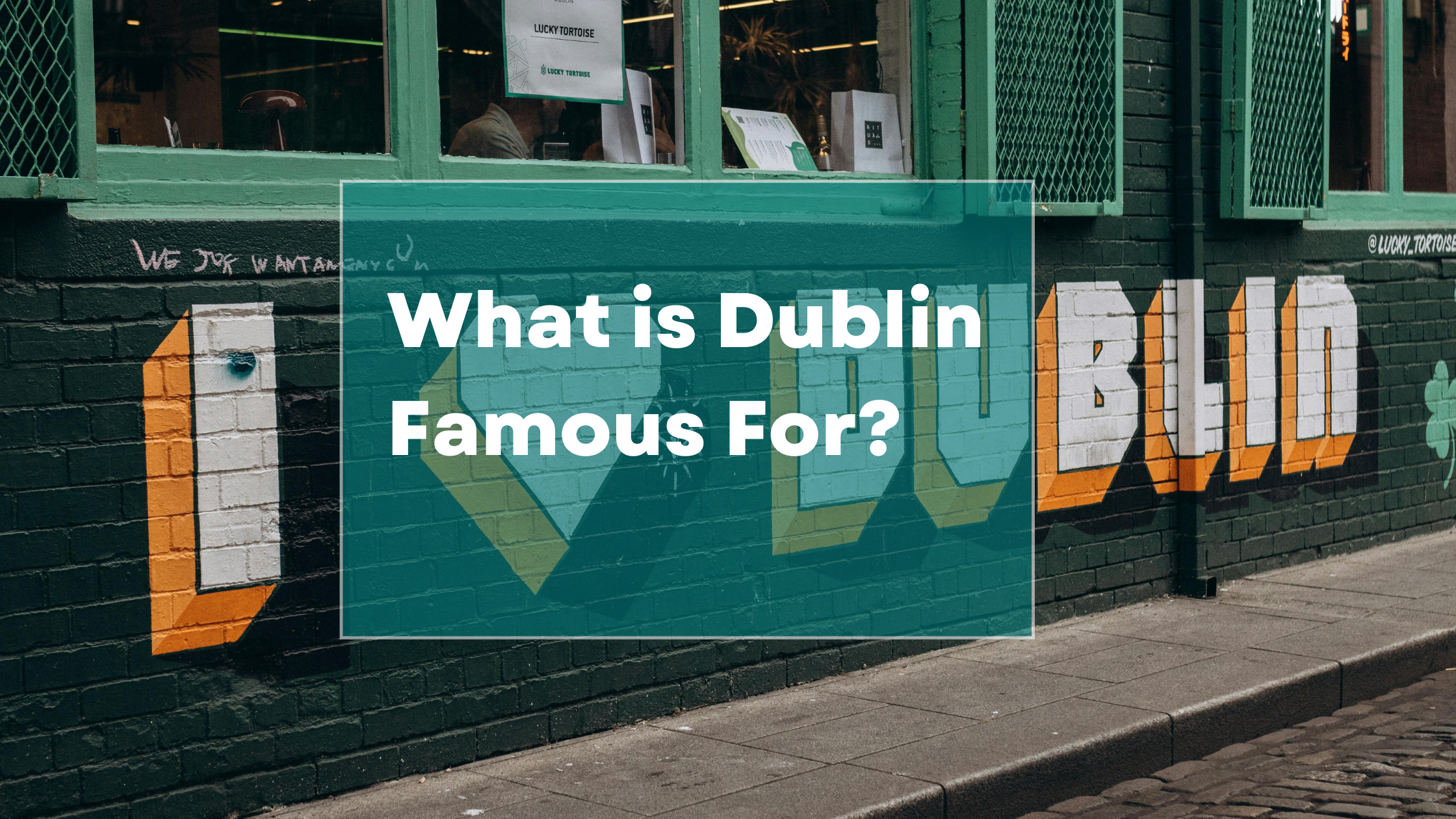
When people think of Dublin, the first things that come to mind are often Guinness, friendly pubs, and historic streets. But Dublin is much more than that. The city has a charm that mixes old history with modern creativity, and that balance is what makes it stand out across Europe. Dublin has built a reputation not just on its nightlife and landmarks, but on the way it tells stories, welcomes visitors, and keeps traditions alive.
From my own personal experience, Dublin feels like a city that speaks directly to you the moment you arrive. It is not only about what you see but how the city makes you feel as you walk through its neighborhoods, taste its food, or talk with locals. Let’s go deep into what Dublin is truly famous for and why it continues to capture the attention of travelers from all over the world.
Dublin is Famous for Its Pubs
Pubs in Dublin are more than just places to drink. They are social centers, storytelling spaces, and places where music flows freely. The city has over 700 pubs, each with its own personality. From traditional wooden interiors that look unchanged for centuries, to modern spots where craft beers and cocktails sit beside pints of stout, you’ll find all kinds of atmospheres.
The Temple Bar district often gets the spotlight, and while it is full of energy, some of the most famous pubs are tucked away in quieter streets. For example, The Brazen Head claims to be Ireland’s oldest pub, dating back to 1198. Whether or not every detail of its story is accurate, stepping inside does feel like stepping back in time.
Locals often say the pub is less about what you drink and more about the people you meet. You can strike up a conversation with strangers, listen to live folk music, or even join in a traditional singing session. This social culture is what makes Dublin’s pubs famous far beyond Ireland.
Dublin is Famous for Guinness
You can’t talk about Dublin without talking about Guinness. The dark, creamy stout brewed at St. James’s Gate Brewery has become a global symbol of Ireland. Arthur Guinness signed a 9,000-year lease for the brewery in 1759, and since then, Dublin has been the heart of Guinness production.
Visitors from across the world make their way to the Guinness Storehouse. Inside, you learn how the stout is brewed, explore exhibitions about the brand, and enjoy a pint at the Gravity Bar, which gives you panoramic views of Dublin.
What makes Guinness different in Dublin is the freshness. Many who have tasted it abroad notice that the pint in Dublin feels smoother, creamier, and more balanced. Some say it is the shorter distance from the brewery to the glass. Whether or not that’s the case, the Guinness experience in Dublin is unmatched.
Dublin is Famous for Its Literature
Dublin earned the title of UNESCO City of Literature, and for good reason. It has produced some of the world’s greatest writers and continues to inspire new generations of storytellers.
James Joyce is perhaps the most famous name associated with Dublin. His groundbreaking novel Ulysses is set in the city and follows a single day in 1904 through the lives of ordinary Dubliners. Joyce’s presence is still felt, with Bloomsday celebrated every June 16th, where fans retrace the steps of his characters.
Other literary giants include Oscar Wilde, known for his wit and plays; Samuel Beckett, whose works shaped modern theatre; and W.B. Yeats, whose poetry gave voice to Irish identity. Even today, Dublin is full of bookshops, literary tours, and readings that continue this long tradition.
Walking through the city, you notice plaques, statues, and quotes that highlight its deep connection to words. Literature is not something of the past here, it’s alive in the everyday fabric of Dublin.
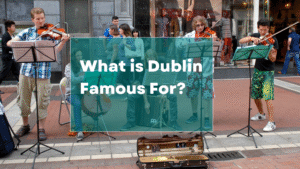
Dublin is Famous for Its Music
If you enjoy music, Dublin is a city that never disappoints. Traditional Irish music sessions can be found almost every night in pubs, where fiddles, flutes, and bodhráns come together in lively performances. These sessions are often informal, with musicians gathering to play for the joy of it rather than for a set audience.
But Dublin is also the birthplace of world-famous bands and artists. U2, one of the biggest rock bands in history, started here. So did The Script, Thin Lizzy, and more recently, artists like Hozier. The city has nurtured talent across genres, making it famous for more than just its traditional sounds.
Music festivals, live gigs, and buskers on Grafton Street all contribute to Dublin’s reputation. You don’t just hear music here, you feel it in the atmosphere.
Dublin is Famous for Its History and Architecture
Dublin’s streets are filled with buildings that tell stories of the city’s past. From Viking settlements to Georgian townhouses, the architecture shows the many layers of Dublin’s history.
Dublin Castle is one of the most important historic sites, once the seat of British rule and now a place for government events and guided tours. Trinity College, with its cobbled courtyards and grand library, stands as a symbol of knowledge and learning. The Long Room in the Old Library, filled with towering shelves of ancient books, leaves a lasting impression on anyone who visits.
St. Patrick’s Cathedral and Christ Church Cathedral are landmarks that carry centuries of religious history, while the General Post Office on O’Connell Street stands as a reminder of the 1916 Easter Rising.
What makes Dublin’s history unique is how it blends with everyday life. You’re not just looking at old buildings, you’re walking through streets where history was made and where it still feels alive.
Dublin is Famous for Its Food
Dublin’s food scene has grown rapidly in recent years. While it was once mainly known for hearty Irish stews, soda bread, and fish and chips, today it offers a wide variety of flavors.
You can still enjoy traditional Irish comfort foods, but you’ll also find modern restaurants where chefs experiment with local produce in creative ways. Fresh seafood from Ireland’s coasts makes its way into Dublin kitchens, while farmers’ markets highlight cheeses, meats, and vegetables from across the country.
Breakfast culture is also strong here. The “full Irish breakfast,” with sausages, bacon, eggs, black pudding, and toast, is a must-try for many visitors. Coffee culture has grown too, with independent cafés popping up across the city.
Food has become another way Dublin expresses its personality, rooted in tradition but open to global influences.
Dublin is Famous for Its People
Ask anyone what makes Dublin special, and the answer often comes down to the people. Dubliners are known for their friendliness, humor, and storytelling. Striking up conversations with strangers is common, and you rarely feel like an outsider for long.
This welcoming spirit plays a huge part in why visitors remember Dublin fondly. Locals don’t just share directions or recommendations, they often share stories, jokes, and personal insights. This warmth has given Dublin its reputation as a city where you quickly feel at home.
Dublin is Famous for Its Sports
Sports are a big part of life in Dublin. Gaelic football and hurling are two traditional sports that are especially important. Watching a match at Croke Park, the largest stadium in Ireland, is an unforgettable experience. The atmosphere is electric, with fans passionately supporting their teams.
Rugby is also popular, with Dublin home to Leinster Rugby and often hosting international matches at the Aviva Stadium. Soccer has a strong following too, with local clubs and national games attracting big crowds.
Sports in Dublin are not just about competition, they’re about community and pride. They give locals a sense of identity, and for visitors, they offer a glimpse into what really matters in Irish life.
Dublin is Famous for Its Festivals
Throughout the year, Dublin comes alive with festivals that celebrate everything from literature to food. St. Patrick’s Festival is, of course, the most famous, with parades, music, and events that attract visitors from across the globe.
But beyond St. Patrick’s Day, there are plenty of other festivals. The Dublin Theatre Festival showcases performing arts, the Dublin International Film Festival draws big names in cinema, and the Dublin Fringe Festival highlights creativity and experimentation.
Even smaller neighborhood events give you a sense of how Dublin celebrates community. Festivals here are about coming together, enjoying culture, and sharing experiences.
Dublin is Famous for Its Education and Innovation
Trinity College is the most famous educational institution in Dublin, known for its historic library and the Book of Kells, a 9th-century manuscript filled with intricate artwork. But education in Dublin goes beyond Trinity. The city is home to multiple universities and research centers that contribute to Ireland’s role in technology and innovation.
In recent years, Dublin has become a European hub for tech companies. Global firms have set up offices here, earning the city the nickname “Silicon Docks.” This mix of old learning traditions and modern innovation makes Dublin stand out as a place of knowledge and creativity.
Dublin is Famous for Its Coastal Beauty
While Dublin is a capital city, it also sits close to the sea, giving it a connection to nature that many urban centers lack. Coastal towns like Howth, Dun Laoghaire, and Malahide are just a short trip from the city center. These areas are famous for scenic walks, seafood restaurants, and views of the Irish Sea.
You can take a stroll along the piers, hike cliffs overlooking the water, or simply enjoy the slower pace of life by the coast. Dublin’s connection to the sea has shaped its identity, from its Viking roots to its fishing traditions.
Conclusion
Dublin is famous for many things, its pubs, Guinness, literature, music, history, and people. But beyond the list of attractions, what makes Dublin truly special is how these elements come together. It is a city that balances old and new, tradition and innovation, warmth and creativity.
From my own personal experience, Dublin is not a place you simply visit, it’s a place you feel. It stays with you, not just in memories of what you saw, but in how the city made you part of its story. Whether you come for the Guinness, the music, or the history, you leave with something much deeper: a connection to a city that is famous for being itself.
